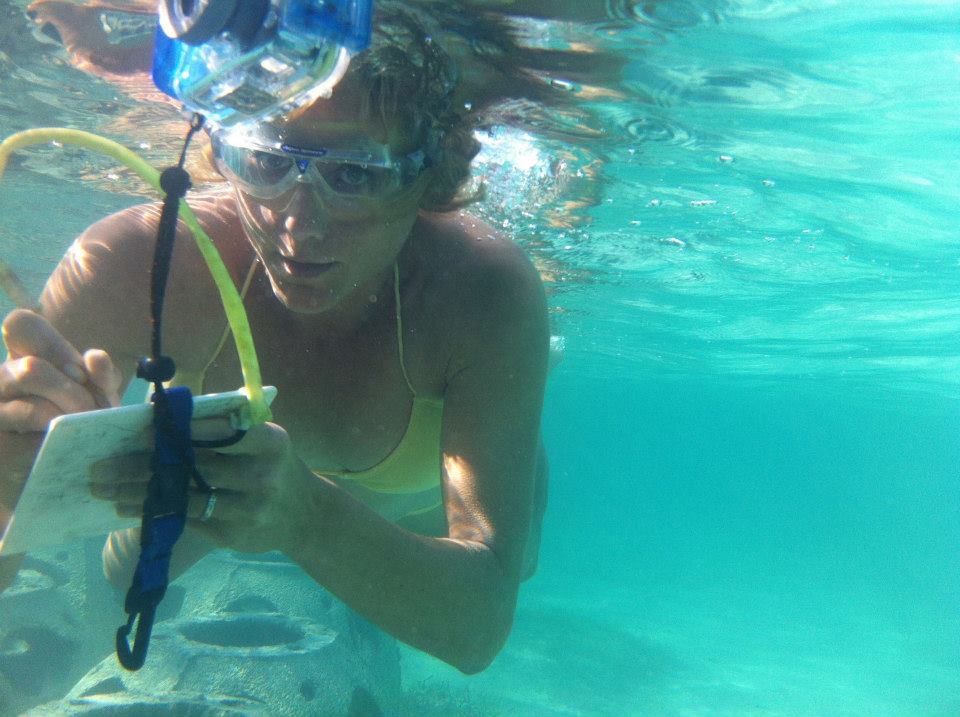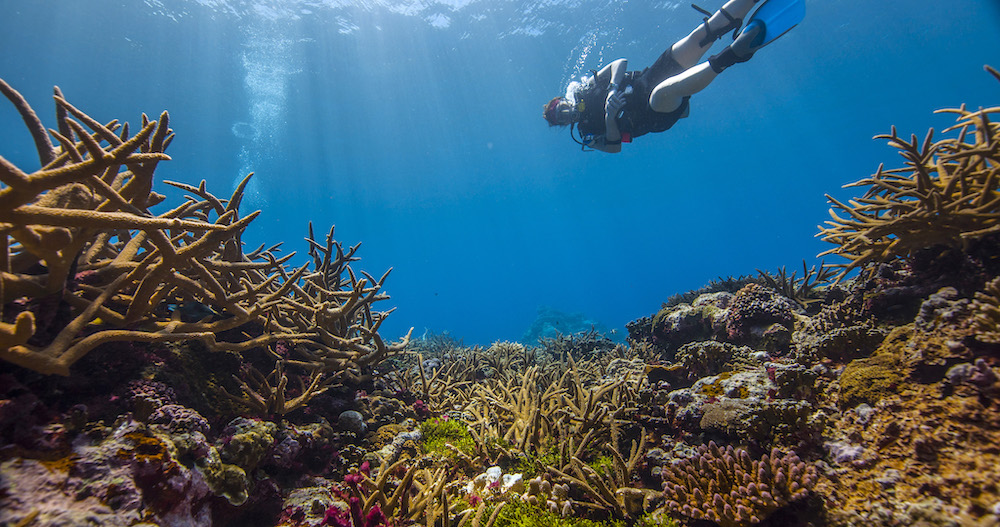“The ocean sustains and feeds us. It connects us. It is our past and our future. The ocean is not too big to fail, nor is it too big to fix. It is too big to ignore.” Jane Lubchenco

Human beings are a chatty bunch. Since the dawn of language, we as a species have been naming the objects that surround us. We have used our languages to convey thought, emotion, and even abstract concepts. Narratives can be impactful and assist in framing our thoughts and inevitably our actions. Just as nature has, the narrative surrounding the ocean needs to evolve.
For the majority of our time here on this planet the ocean was considered to be too vast to conquer and that nothing we could do would impact its immense being. A narrative that “there are plenty of fish in the sea” and nothing we do will deplete them was all too common for a long time. We have made an impact and those fish populations have dwindled. Turns out we, as small as we can be, do have a giant effect on the bountiful supplies of the ocean. All this old narrative does is continuate unsustainable practices.
For the past 15 years or so, a narrative of gloom and doom has emerged from the coral scientific  community. Though, we need to be careful about creating narratives that gets drowned in the despair of not knowing where to go from here. Our planet is depleted. There are facts every day about how we, as a society, are unsustainably using the earth’s resources. But that rhetoric only brings depression and lack of motivation to enact change. The truth is, it will be difficult to change how we’ve always done things, how our narrative has created our view of the resources we have access to. But there is hope.
community. Though, we need to be careful about creating narratives that gets drowned in the despair of not knowing where to go from here. Our planet is depleted. There are facts every day about how we, as a society, are unsustainably using the earth’s resources. But that rhetoric only brings depression and lack of motivation to enact change. The truth is, it will be difficult to change how we’ve always done things, how our narrative has created our view of the resources we have access to. But there is hope.
Hope comes in many forms. What is clearly a viable ray of sunshine is green energy and reusable resources. Opportunities are becoming more and more prevalent as we step outside the existing narrative of “what are our resources?” Suddenly, more and more invaluable ideas are sprouting up concerning efficiency, biotechnology, solar power, and holistic approaches. Around the world, innovative solutions now combine AI, machine learning, big data, and remote sensing to manage and protect the oceans. We are creating solutions so that fisheries can work smarter and not harder. This means that ecosystems can be revitalized. Because the ocean is critical to our planet’s health and wellness, including everything living on it, the developments surrounding ocean health are at the pinnacle of importance.
 Bottom line, if our oceans die, we die. As Sylvia Earl would say: “No Blue, No Green. No Water, No life”. This new narrative that needs to be adopted must acknowledge that the ocean is central to our health and well-being as a species as well as our future. This new narrative will not suddenly make everything healthy and change the status quo, but it could unleash new innovative ideas that further progress the environmental conversation. Now, more than ever, new scientists, new ideas, new realms of study are needed so that we can launch ourselves headfirst into developing solutions that protect our resources while simultaneously stimulates global change.
Bottom line, if our oceans die, we die. As Sylvia Earl would say: “No Blue, No Green. No Water, No life”. This new narrative that needs to be adopted must acknowledge that the ocean is central to our health and well-being as a species as well as our future. This new narrative will not suddenly make everything healthy and change the status quo, but it could unleash new innovative ideas that further progress the environmental conversation. Now, more than ever, new scientists, new ideas, new realms of study are needed so that we can launch ourselves headfirst into developing solutions that protect our resources while simultaneously stimulates global change.
When we heal the ocean, we can then heal ourselves.



